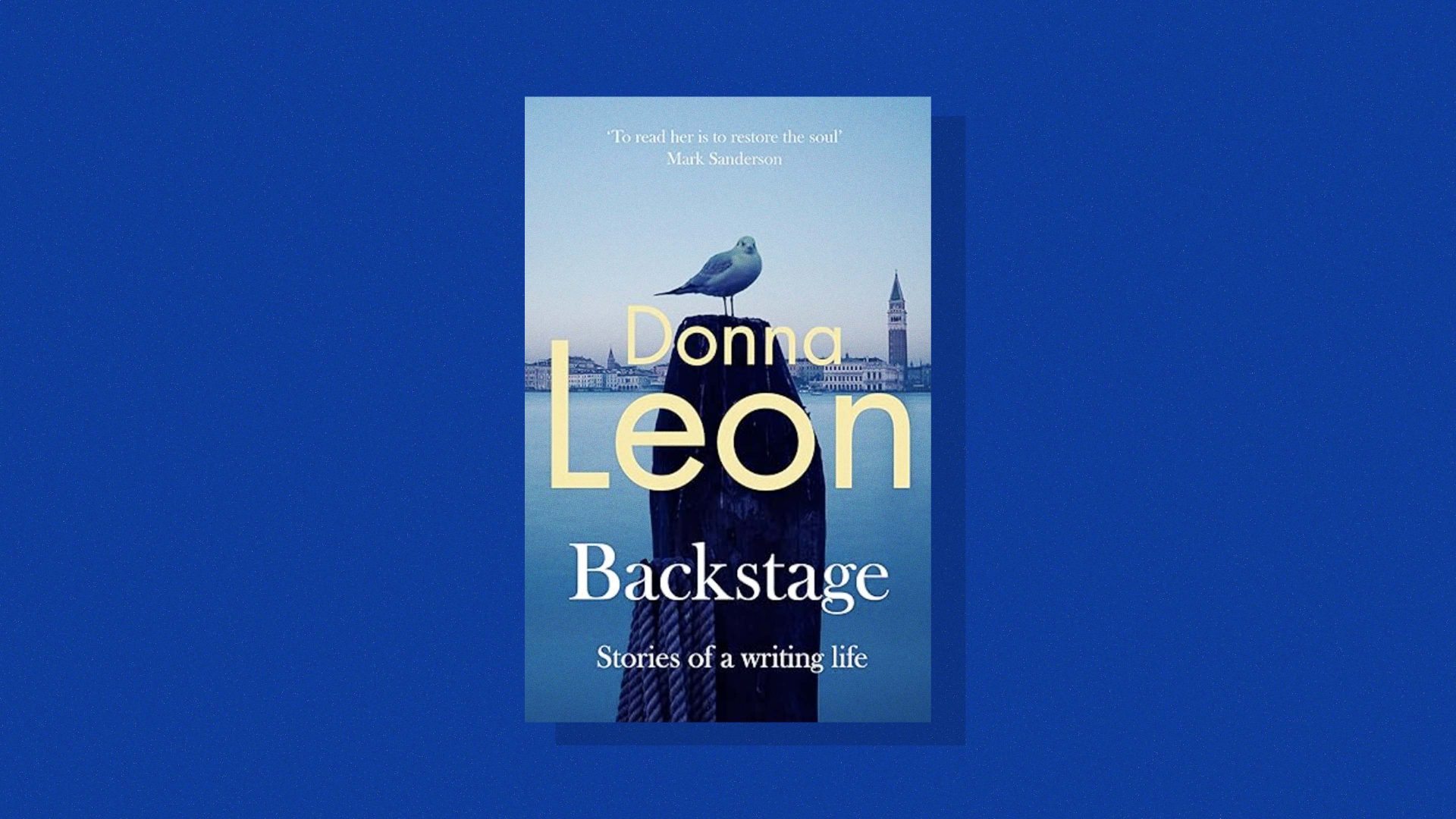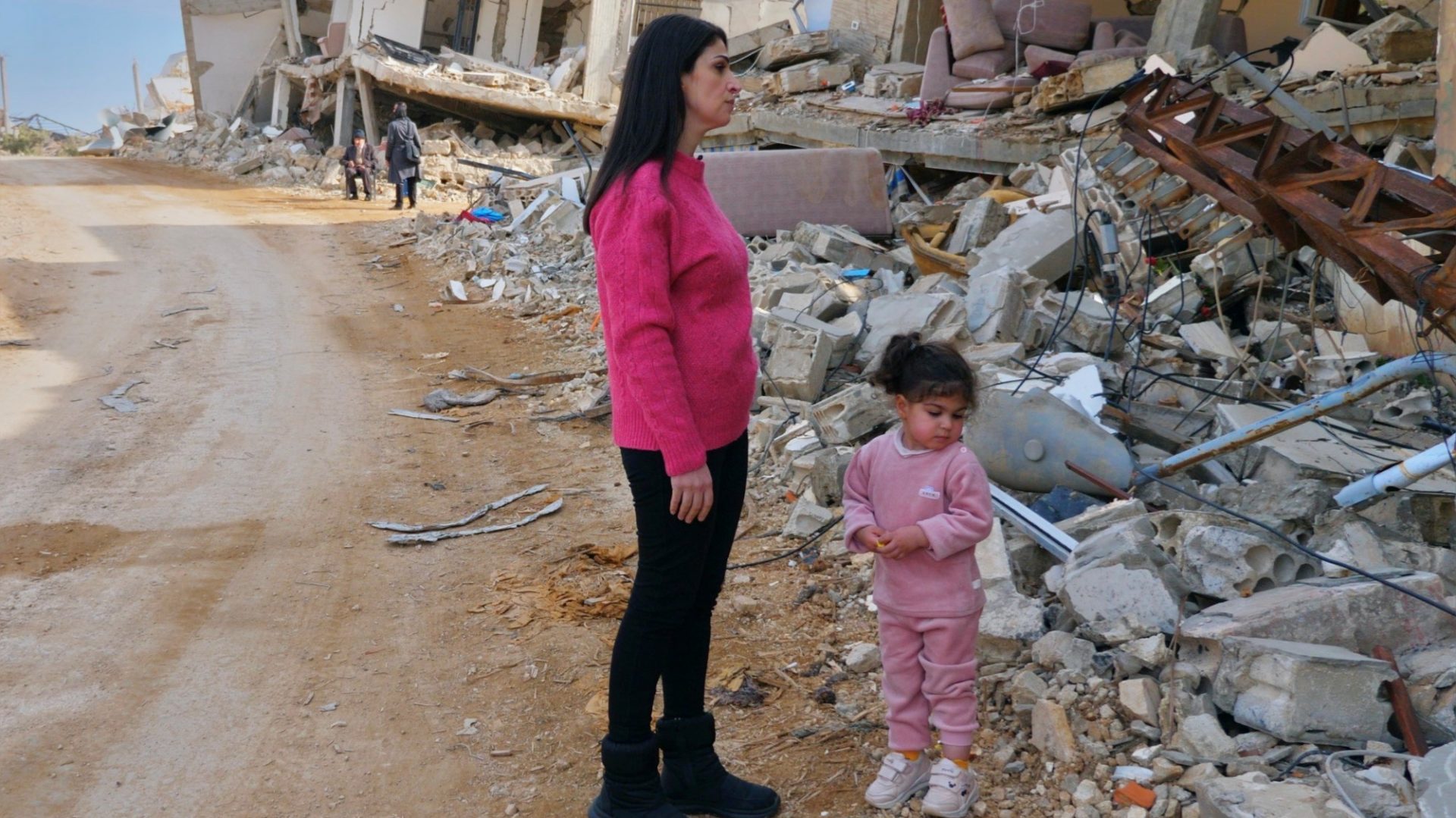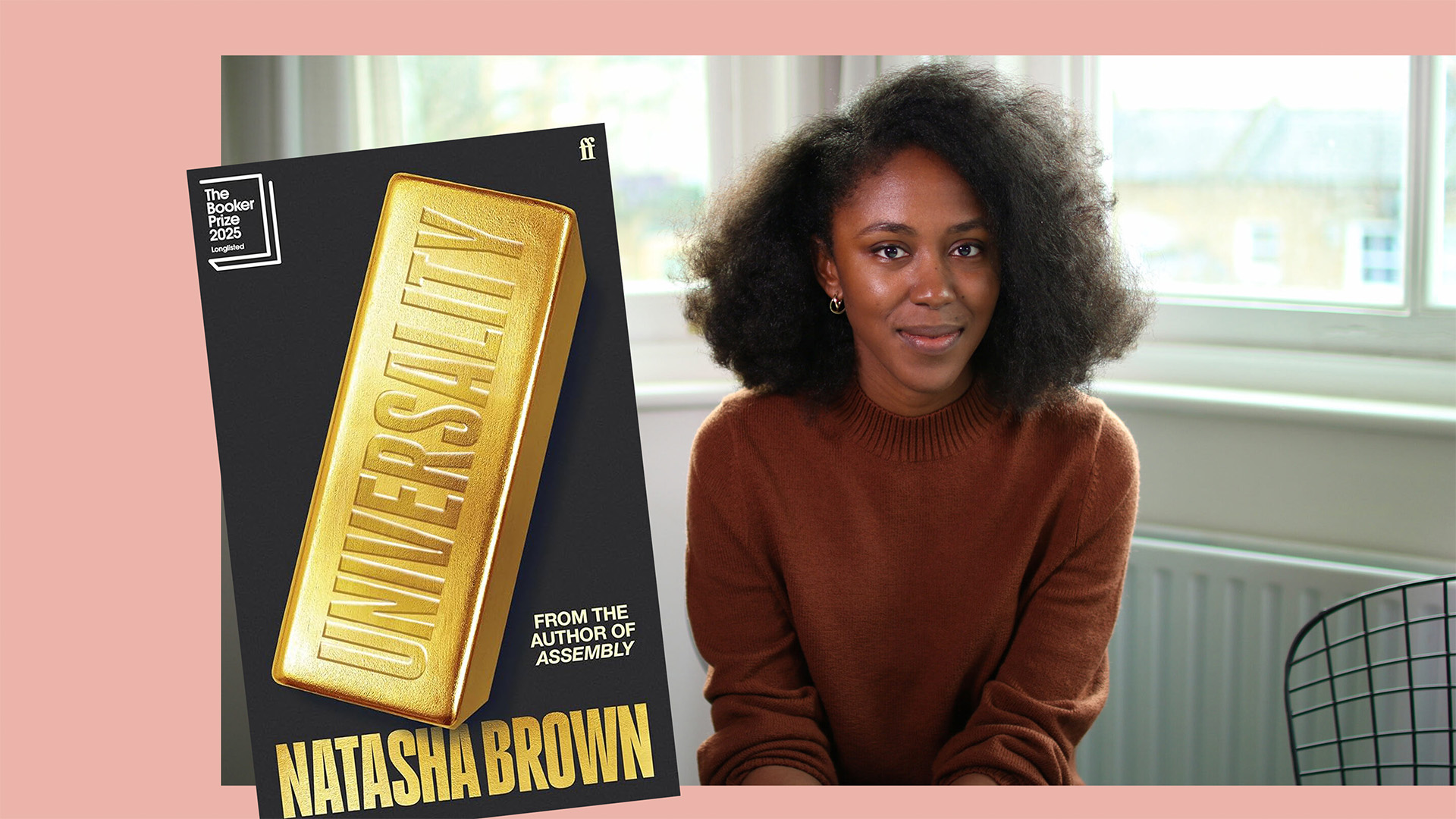Donna Leon has certainly been around the publishing block – or rather sestieri. The American crime writer has – to date – published 33 of her much-loved Venice-set mysteries involving Commissario Guido Brunetti. Her bestselling recipe is a tantalising mixture of murder, motives, family dramas, canal-hopping and Venetian dishes. There is even a Brunetti’s Cookbook – the Commissario is as likely to turn his attention to antipasti, primi, secondi, and dolci, as he is to the felon at large.
Leon’s new book, Backstage, is a compendium of musings on a writer’s life. She was born in New Jersey in 1942 into a liberal Catholic family and her authorial career began relatively late: her first Brunetti novel Death at La Fenice – a tale of backstabbing (literally) opera types – was published in 1992 when she was 50. Before that late budding, she had been an English teacher and an advertising copywriter, careers that informed a writing style that is both learned and peppy.
Leon begins by looking back to her days as a substitute teacher in the 1970s, working in Bloomfield, New Jersey, a city that had the highest infant mortality rate in the country. She recalls a 10-year-old pupil called Cedric. “Cedric was Black and lived in America, so the odds were against him from the beginning. From long before the beginning, it might be clearer to say.” Leon presents such shocking realities simply – and effectively. Cedric, a sweet, riotous child, has a smile that only appears “by accident.”
Another temporary gig found her in Isfahan, during the dying days of the Shah’s reign, teaching English as a foreign language tutor to Iranian helicopter pilots. “We taught them to say confidently, ‘I am preparing for take-off, sir.” The older pilots would exclaim, in a Southern accent: “I’m fixin’ for the git-go.”
Her expat life as an employee of Bell helicopters – largely a routine of tennis and gossip – came to a sudden end with the 1979 revolution. “From different official sources, we learned that we could/could not go to Tehran,” she recalls. “Foreigners were/were not in danger.” She was eventually airlifted out, but not before spending a worrying night in a bullet-riddled hotel room. She slept in the bath.
Judging by the body count in Leon’s novels, you might think that Venice was equally perilous. La Serenissima, with which she will forever be associated, and Brunetti – her resolutely decent detective – are both addressed with affection. She details the history of the Carnevale di Venezia – intended to “turn society topsy-turvy by releasing a social and behavioural safety valve” – and rhapsodises over the Feast of Redentore, an annual summer firework extravaganza that reduces her to “a quivering jelly of anticipatory joy.”
Suggested Reading

If you only read one book this year, make it one of these
Meanwhile, in “Dear Guido”, she pens a letter to her creation. “Well, here we are, more than 30 years later and still together,” she writes, adding an apology for introducing him to so many villains. The spark of inspiration for a new case, she admits, can come while out shopping in Campo Santo Stefano.
Some of the chapters are wilfully light – we get some rather whimsical detours into writing retreats and baroque music festivals – but others are telling, not least about the craft of writing fiction. She discusses the merits of Great Expectations – in which we watch Pip become “a man, a gentleman, and finally a decent man” – and The Big Sleep (which shows us that society is “a dark sea in which predators eat prey”).
Los Angeles – a city quite unlike Venice – is the beat of one of her favourite fictional detectives, Lew Archer, the mid-century private eye created by Ross Macdonald. Archer, like Brunetti, follows his own moral compass to navigate a profoundly confusing world. Leon is drawn to such characters, figures who are steadfast and sensitive. Another favourite is Inspector Wexford, Ruth Rendell’s borderline dull sleuth. She doesn’t have time for the messed-up misanthropes. It’s mightily refreshing to see the quiet gumshoes celebrated.
Leon has produced a short, entertaining and approachable little book about loving words, people and places. She illustrates that to be a writer, you need first to be a reader and an observer. And just as one feels worn down by her wholesomeness – she likes how the characters of Henry James always remain fully clothed – Leon surprises.
In perhaps the most entertaining true story – “With a View of San Marco” – she recalls plotting her revenge on an elderly neighbour whose television routinely keeps her awake. She sets out to wedge a toothpick into her doorbell at 3am. “I could make it ring endlessly,” she writes, gleefully. That’s as sharp as limoncello.
Backstage: Stories of a Writing Life by Donna Leon is published by Hutchinson Heinemann
Christian House is a freelance arts and literature journalist



